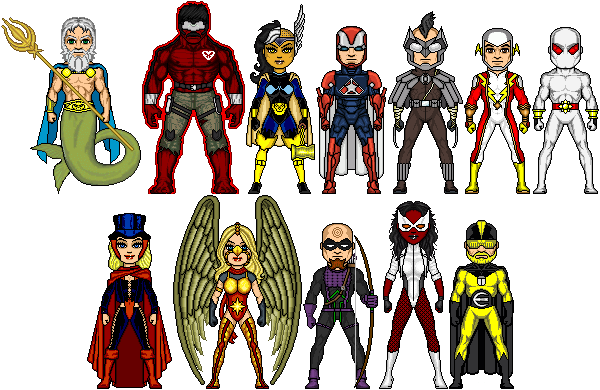Please choose ONE - or, if you wish, of course more than one - of the following options A, B, or C:
A)
Find out more about Carl Jung's research on archetypes - as well as about Joseph Campbell's book
The Hero with a Thousand Faces and about Northrop Frye's
Anatomy of Criticism, in particular about his "Theory of Symbols" & "Theory of Myths."
Please comment on points that you find particularly interesting and/or useful in these works and relate what you have found out to some of the stories you know - or to your own life.
BTW, Northrop Frye is Canadian and quite ingenious as well as inspiring - though usually not read much today. You probably know Carl Jung and Joseph Campbell anyway. Joseph Campbell's work - and tons of other resources about mythology and related topics - are available at the Joseph Campbell Foundation website:
http://www.jcf.org/new/index.php
B)
Check out Caroline Myss's
Gallery of Archetypes and write down some of the archetypes that appeal to you. Write a short narrative or play, in which these characters meet and interact with each other or with you. Feel free to change the archetypes to more realistic life-like characters with their own unique features or cast them in a more stylized and traditional way.
Link:
http://www.myss.com/library/contracts/three_archs.asp
Optional: take the archetype quiz and find out who you really are :)
Link:
https://www.archetypes.com
C)
Think about one of your favourite movies or books - one that you watched or saw several times - and try to find and analyze the archetypes in it. Reflect on how these archetypes relate to you and your life.
Image from:


















